Ranjha Ranjha Kardi Drama Review: Ranjha Ranjha Kardi, which translates to “Ranjha sings to his beloved” in Urdu, is a 2018 Pakistani drama series that explores themes of love, acceptance, and triumph over adversity. The drama follows the story of Noori (Iqra Aziz), a young woman who is forced to marry Bhola (Imran Ashraf), a mentally challenged man, after her father’s death. Despite the challenges they face, Noori and Bhola eventually find love and acceptance, and Noori triumphs over the obstacles in her way.
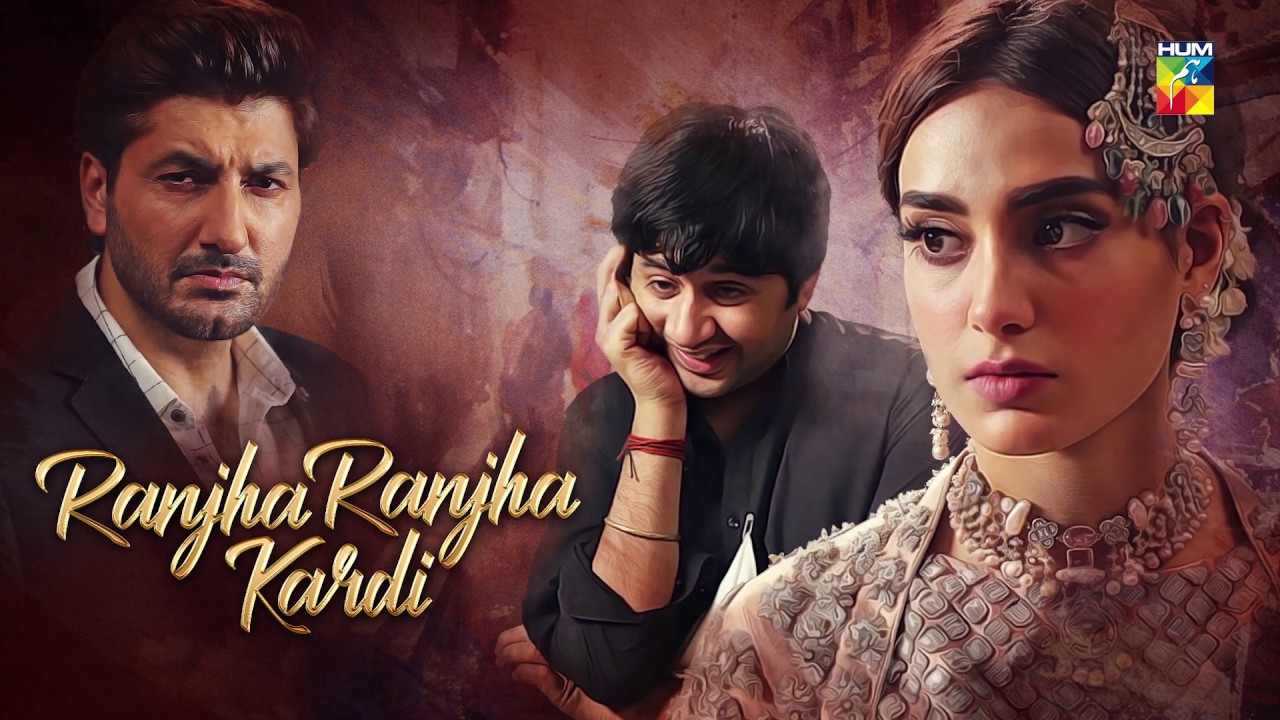
Story and Themes:
The story of Ranjha Ranjha Kardi is both heartwarming and heartbreaking. Noori is a strong and independent woman who is forced to marry Bhola, a man she does not know, in order to save her family from financial ruin. Bhola is a kind and gentle soul, but his mental challenges make it difficult for him to communicate and interact with others. Despite their differences, Noori and Bhola eventually find love and acceptance in each other’s arms.
The drama explores themes of:
- Love and Acceptance: The drama shows how love can overcome any obstacle, even the challenges of mental illness.
- Triumph over Adversity: Noori’s journey is a story of triumph over adversity. She overcomes the challenges of her marriage to Bhola and her family’s disapproval to find happiness and success.
- The Importance of Family: The drama shows the importance of family and the support they can provide in times of need.
Strengths:
- Compelling Performances: Iqra Aziz and Imran Ashraf deliver outstanding performances as Noori and Bhola. Their chemistry is undeniable, and they bring the characters to life with depth and conviction.
- Engaging Plot: The drama’s plot is engaging and keeps viewers hooked from beginning to end. There are twists and turns along the way, but the story ultimately ends on a happy note.
- Social Commentary: The drama tackles the sensitive topic of mental illness in a nuanced and thoughtful manner. It helps to raise awareness about the challenges faced by people with mental illness and their families.
Weaknesses:
- Overused Tropes: The drama relies on some overused tropes, such as the love triangle and the long-lost secret.
- Uneven Pacing: The drama’s pacing can be inconsistent at times, with certain plot points feeling rushed while others drag on unnecessarily.
Deconstructing the Portrayal of Mental Illness:
While Ranjha Ranjha Kardi tackles mental illness with sensitivity, it’s crucial to examine it critically:
-
Beyond Individual Narratives: While focusing on Noori and Bhola, does the drama explore the broader experiences of individuals with mental illness and their families? Does it delve into the complexities of accessing care, societal support systems, and the need for policy changes to address systemic issues?
-
Beyond Stereotypes: Does the portrayal of Bhola avoid harmful stereotypes and generalizations associated with mental illness? Does it showcase the diverse experiences of individuals, challenging simplified representations?
Exploring the Journey of Acceptance:
Noori and Bhola’s journey towards acceptance is multifaceted. Analyzing it further can offer valuable insights:
-
Individual Growth: Does the drama illustrate the personal transformation experienced by both Noori and Bhola through their acceptance of each other and themselves?
-
Challenging Societal Norms: How does the drama portray the process of challenging societal norms and prejudices surrounding mental illness? Does it encourage viewers to question their own biases and advocate for inclusivity?
Beyond Individual Triumph:
While Noori’s journey is inspiring, examining it within a broader context is crucial:
-
The Role of Support Systems: While the drama portrays the importance of support systems for Noori, does it explore their limitations in addressing systemic challenges faced by individuals with mental illness and their families?
-
Social Change and Advocacy: Does the drama spark conversations about the need for societal change and advocacy efforts to improve mental health awareness, accessibility of care, and support systems?
Beyond Emotional Connection:
Ranjha Ranjha Kardi utilizes emotional storytelling to connect with viewers. However, analyzing its impact goes beyond this:
-
Engendering Empathy: How effectively does the drama elicit empathy and understanding for individuals with mental illness and their families? Does it encourage viewers to challenge negative stereotypes and embrace diverse experiences?
-
Sparking Dialogue: Does the drama serve as a tool for sparking critical dialogue about mental health beyond entertainment purposes? Does it inspire viewers to become advocates for positive change within society?
Legacy and Potential:
Ranjha Ranjha Kardi has the potential to leave a lasting impact by:
-
Encouraging Dialogue: Continuing discussions about mental health awareness, inclusivity, and the need for systemic change.
-
Inspiring Action: Encouraging viewers to take action, such as seeking information, advocating for mental health resources, and challenging societal stigma.
-
Contributing to Social Change: Ultimately, the drama can contribute to a more inclusive and supportive society for individuals with mental illness and their families, fostering better understanding and acceptance.
By engaging with these layers, Ranjha Ranjha Kardi transcends mere entertainment. It becomes a platform for critical reflection and a catalyst for positive change, encouraging viewers to move beyond the surface and delve into the complexities of mental illness, acceptance, and the need for a more inclusive society.
Overall Impact:
Ranjha Ranjha Kardi is a heartwarming and thought-provoking drama that leaves a lasting impression on viewers. The strong performances, engaging plot, and social commentary make it a must-watch for fans of Pakistani dramas.
Share this content:
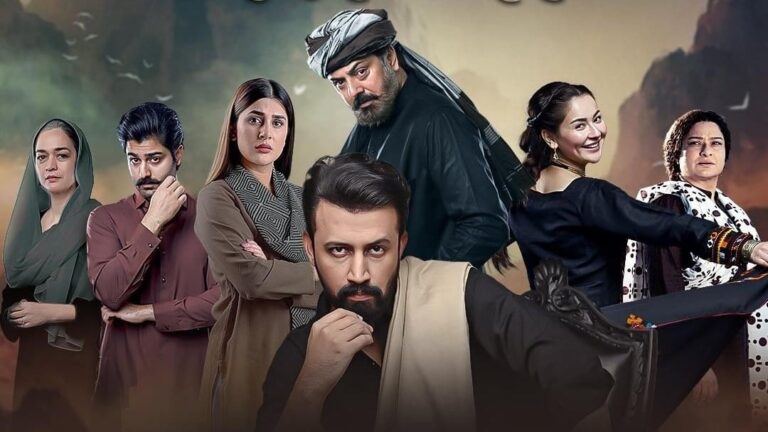
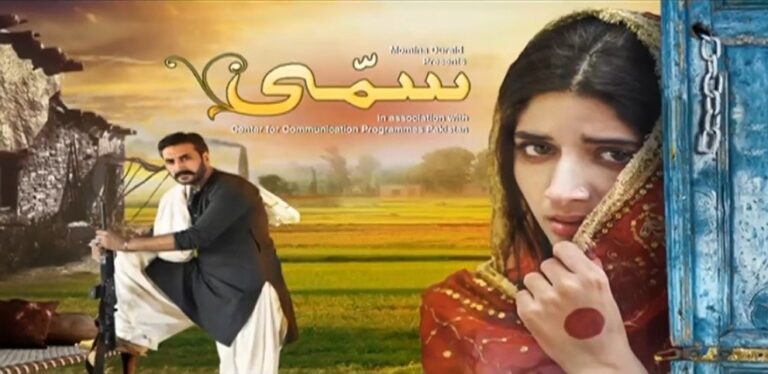
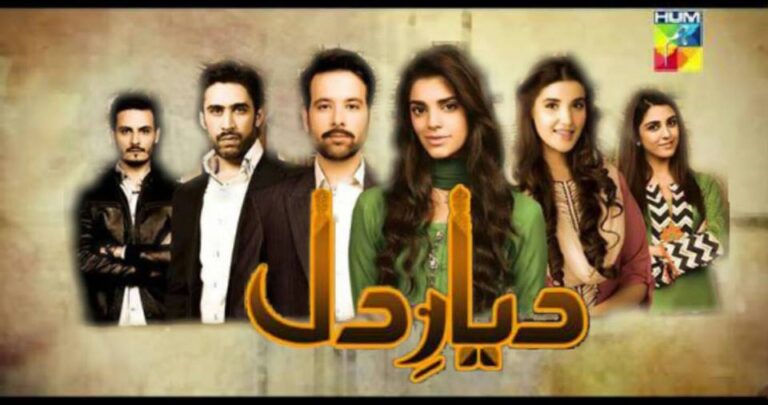
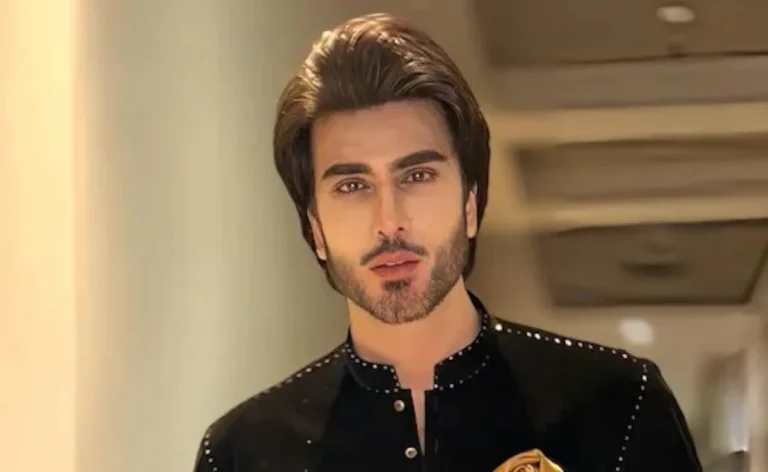


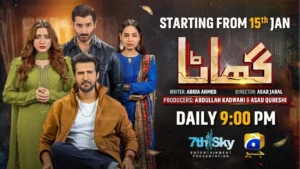


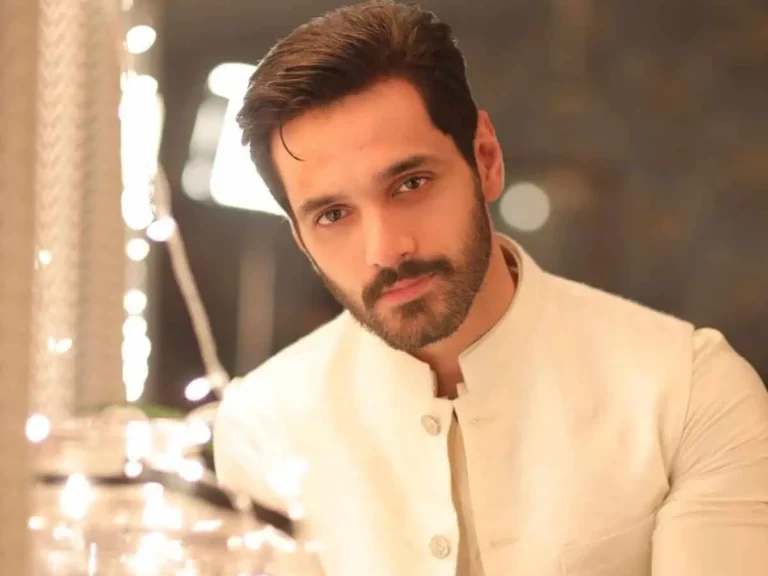
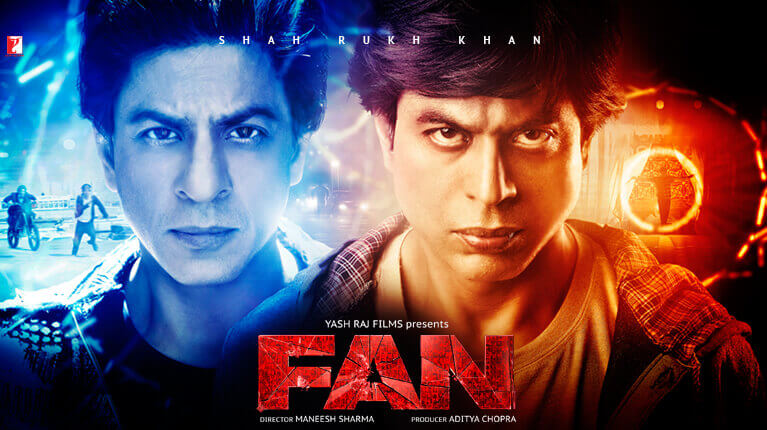
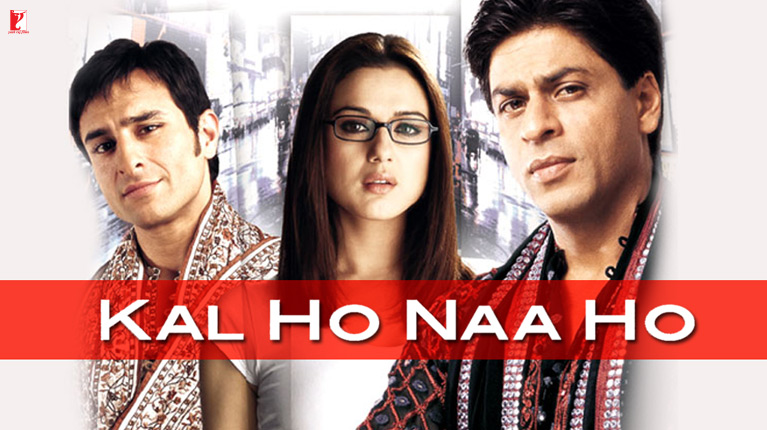
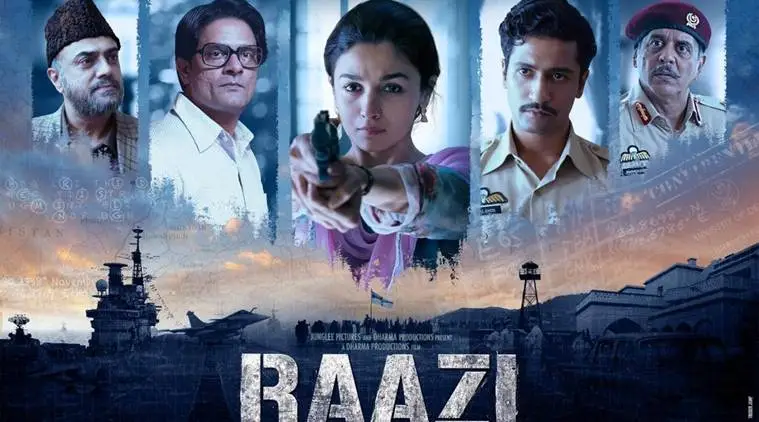
+ There are no comments
Add yours